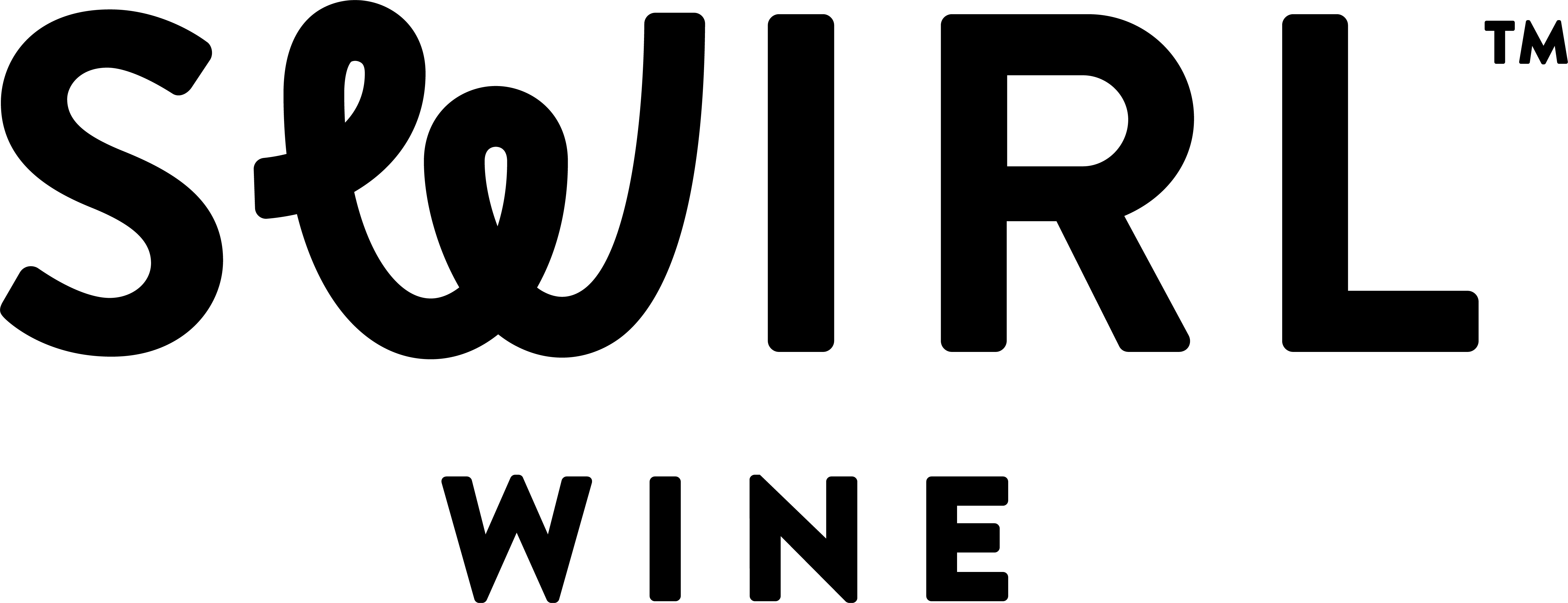Tenuta Olianas
Sardinia Italy
創設年: 2002
生産量: 200.000
敷地面積: 20 estate-owned hectares, (16 hectares planted) 15 planted hectares with a rent contract
メーカー: Stefano Casadei and Artemio Olianas
Olianas was born as an act of friendship between Stefano Casadei and Artemio Olianas. They wanted to create original, fully organic and environmentally friendly Sardinian wines, without altering the traditional taste and delight. The focus is to honor the local varieties and lead them among the world's top wines. Vermentino, Bovale, Cannonau, names that evoke the rustic past of Sardinia island, an island second to none for its natural beauty and the crystal clear water of the Mediterranean. Each of their wines has the power to release the mind and let it caress the true beauty of wine-drinking.
Artemio Olianas was born in Sardinia but spent his adult life in Florence, where he ran a very successful business in the food industry. The beginning of the Olianas winery was for him a way to come back to his motherland and to the estate that his family owned for a century. The friendship with Stefano Casadei made it possible and successful, as his technical skills proved essential to create high quality and exquisite wines. Like all the other wineries led by Stefano Casadei, the vineyard work follows the strict Biointegrale protocol: no herbicides, chemical fertilizers, or synthetic products used for pest management. All the fertilization is left to natural compost and horn.
インタビュー
Tell us a little bit about yourself and your winery?
In the heart of Sardinia, where I have shared the BioIntegrale philosophy with a long-standing friend, the Olianas family from Gergei. Together we have created the Olianas Estate, where high-profile skills and great experience are combined with the strong roots of a thousand-year-old land. Olianas extends over 33 hectares, 30 of which are planted with vines. Here we grow indigenous grape varieties that speak of Sardinia. Red grapes: Cannonau, Bovale and Carignano. White grapes: Nasco, Vermentino, Semidano and Malvasia di Cagliari. We also allocate 3 hectares to the cultivation of fruit trees and the production of fodder to feed the animals that live on the farm and to increase biodiversity. In the Olianas cellars we have also added to the traditional methods of vinification and refinement the use of terracotta amphorae. During the fermentation and/or refinement phases, these amphorae contribute in a fundamental way to the characterisation of the wines, amplifying the peculiarities of each terroir, variety and vintage.
How do you normally enjoy drinking wine?
I have two forms of drinking and tasting: the professional form, which I love to share with my collaborators who work with me every day to achieve certain results and discuss our products, made up of lots of in-depth analysis and attention. Or tasting in a more convivial manner with friends, where I prefer to drink simpler, easier-to-drink wines.
Where is your winery located and what are the unique features of wines from your geographical location?
In Olianas, Sardinia, we have three different soils: one of volcanic origin, one of sandy limestone origin and one of clayey limestone origin. Rainfall reaches between 450 and 650 mm per year. Due to our location 400 m above sea level, we are able to exploit the temperature range to obtain fine, elegant wines with good fruity notes from the clayey limestone and sandy limestone soils, and full-bodied, savoury wines from the volcanic soils. All the wines we manage to obtain maintain a very good acidity.
How does local history and culture influence your lifestyle and winemaking?
Since 2013, our biodynamic approach to work has evolved into a new ethical protocol developed through a technical-scientific committee and the University of Florence. This gave rise to the Biointegrale philosophy, encapsulated in a decalogue through which all my wineries are conducted. In order to make them understood, I focus on three points that I hold dear:reduce the manipulation of the raw material when working with it. Absolutely no chemistry, both in the cellar and in the vineyard, favouring microbiology;Trying to use resources, both labour and companies, as locally as possible in order to redistribute wealth locally;Avoiding soil compaction in order to favour the richness of the soil and facilitate the deepening of roots. That's why horses are so important to us: they prevent the soil from being compacted and the land remains intact, the roots have the chance to go deeper. This is a fundamental point in our idea of farming. And then animals generally bring positive energy into a business and also bring greater attention to detail.
What is your best memory of winemaking, so far?
Definitely the experience I started having from 2009 to 2011 with spontaneous fermentation and vinification in amphora. It's a fascinating world that brings you face to face with microbiology, an invisible population that actively participates in the qualitative outcome of wine.
Can you tell us about the first wine you ever made?
The first wine made in self-sufficiency was the Sangiovese Chianti Rufina Lastricato 1999. A wine with great elegance, great structure, able to age for decades in the bottle. Incidentally, together with a delegation of sommeliers, we tasted it a few months ago and had excellent feedback. A wine that reflects the 1999 vintage.
Tell us what wine represents for you?
Wine for me is humanity, memory, history, territory, I would like to say in one word it is "Life". Whoever makes wine should not think about the logic of the market, but think about the logic of the best expression of the product in that place and in that year. Unfortunately, man often makes wine following the rules of the market.
What do you think about the future of sustainable winemaking?
I can tell you the future I see for myself and my companies: I want to continue to make the best possible wine, trying to interpret the territories in the best possible way, with the utmost respect for the raw material, according to cultivation dictated by biodynamic practices.







